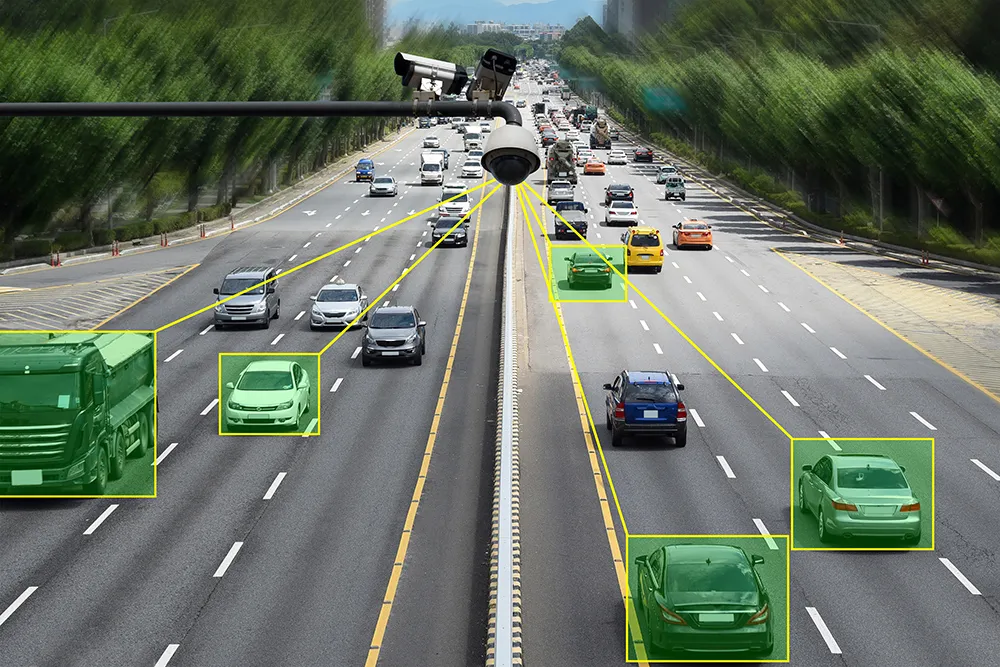The European Parliament has voted to adopt the eCall type-approval legislation, mandating emergency call technology as a standard feature in all new vehicles from 2018. Federation Internationale de l’Automobile (FIA) Region I has welcomed the outcome, while also regretting the three-year delay in implementation.
Thierry Willemarck, president of FIA Region I, said: “Road safety has triumphed today. eCall has finally passed through all the necessary steps and will become mandatory in 2018. However, I hope
April 29, 2015
Read time: 2 mins
The European Parliament has voted to adopt the eCall type-approval legislation, mandating emergency call technology as a standard feature in all new vehicles from 2018. Federation Internationale de l’Automobile (FIA) Region I has welcomed the outcome, while also regretting the three-year delay in implementation.
Thierry Willemarck, president of8054 FIA Region I, said: “Road safety has triumphed today. eCall has finally passed through all the necessary steps and will become mandatory in 2018. However, I hope that this can serve as an example to the European Institutions in the lives lost while the negotiations continued. When there is a proven case for lives saved, technologies must be swiftly implemented. However, we are pleased to see that there is a possibility to empower consumers through the 1690 European Commission’s mandate to examine open, secure standardised platforms that could be a great step forward for future connected car services in an open and competitive market.”
Following a decade of negotiation, the final eCall legislation is a balanced outcome that includes a mandate to the Commission to consider interoperable, standardised, and secure and open‐access network for the eCall communication. This has the potential to ensure that users widely benefit from new connectivity features of their vehicles thanks to eCall. It can also ensure that consumers eventually make the best use of their personal data for additional connected car services.
In a positive step for the protection of consumer data, the legislation stipulates that eCall data gathered by emergency centres or their service partners must not be transferred to third parties without the explicit consent of the person concerned. Manufacturers will also have to ensure that the eCall technology design permits full and permanent deletion of data gathered.
Thierry Willemarck, president of
Following a decade of negotiation, the final eCall legislation is a balanced outcome that includes a mandate to the Commission to consider interoperable, standardised, and secure and open‐access network for the eCall communication. This has the potential to ensure that users widely benefit from new connectivity features of their vehicles thanks to eCall. It can also ensure that consumers eventually make the best use of their personal data for additional connected car services.
In a positive step for the protection of consumer data, the legislation stipulates that eCall data gathered by emergency centres or their service partners must not be transferred to third parties without the explicit consent of the person concerned. Manufacturers will also have to ensure that the eCall technology design permits full and permanent deletion of data gathered.









